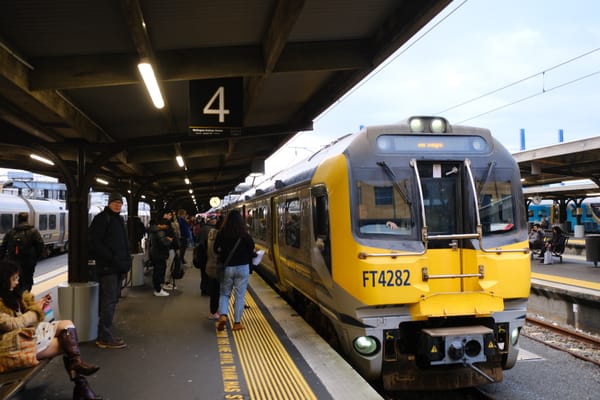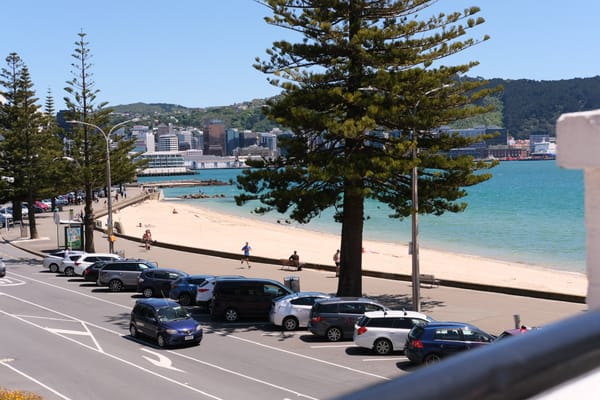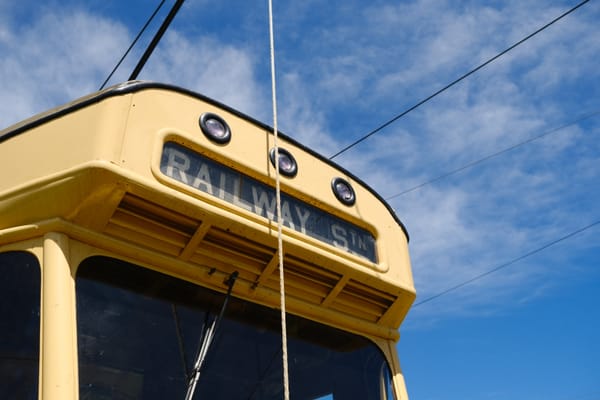My two priorities for making a climate election
If you want action on climate change, go local. Oh, and enrol or update your details before August 1.
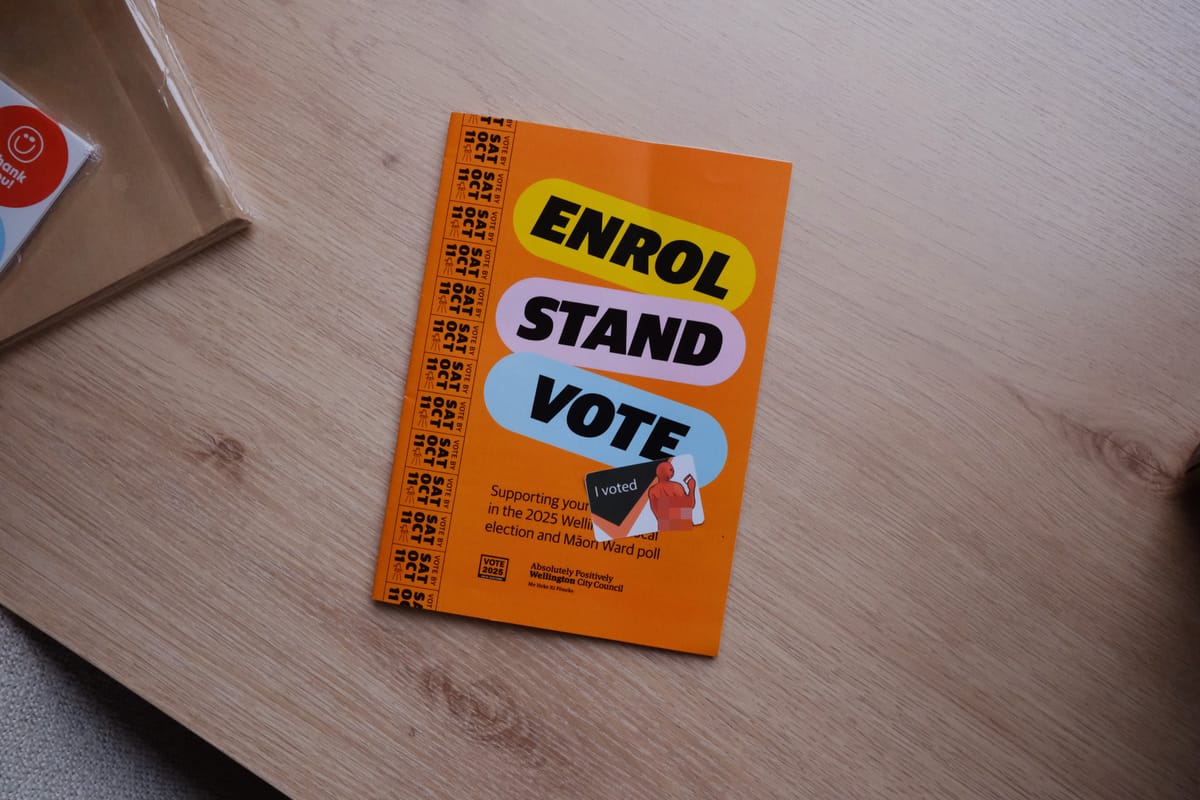
If you want to make change in politics, start local.
While national politics provides levers like giant budgets and law changes, it works slowly. The effects are far more distributed, too. It’s hard to clearly see the results of your work.
Local government is pretty much the polar opposite. Budgets are tiny and fraught compared to Parliament. But the impact? It’s in your community. Council politics is frustrating, but the results are personal.
Councils have some responsibility for huge parts of the climate change challenge. The choices the mayor and councillors make for Wellington define whether our pollution goes up or down.
Your voice has power, especially considering less than half of Wellingtonians vote in local elections. With so many rage-baiters running for office, it's important to understand which candidates will take real action on climate change. Here’s how I’ll make that judgement call.
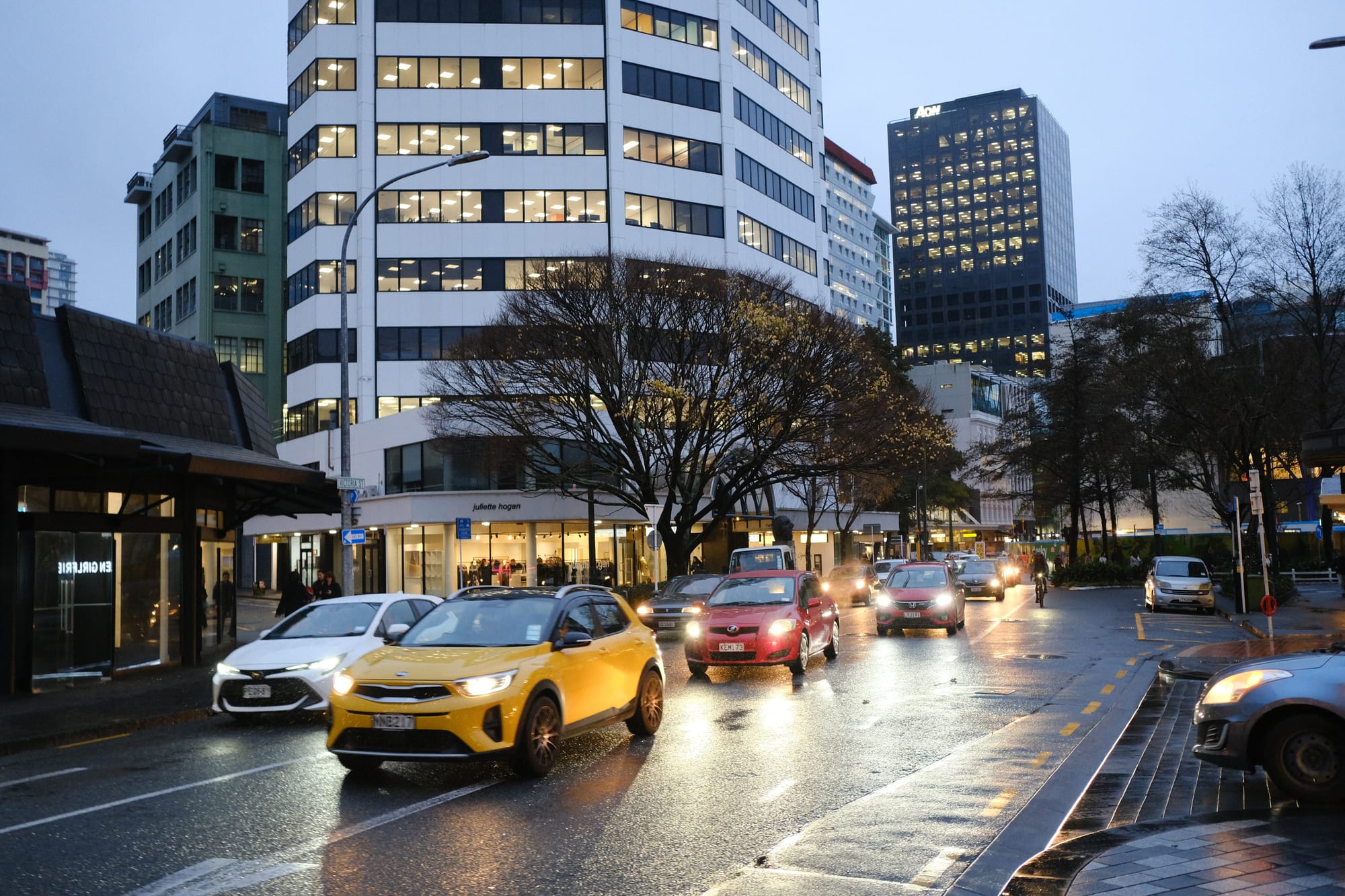
What will they do about transport?
Half of our city's pollution comes from how we get around. Cars alone are responsible for 21% of our pollution. The rest is mostly vans and trucks, followed by planes and ferries.
Meanwhile, our bus network which serves a third of Wellingtonians creates less than 1% of our annual pollution.
Five years ago, Wellington City committed to reducing pollution by 57% by 2030. So far, we've reduced it by 1.4%. Seriously.
If we're not kidding ourselves about this promise, the status quo will not do. Council needs to get more people into low pollution transport like walking, busing, and biking.
The city can do that by quickly rolling out bus lanes and bike lanes. Slowing speeds and redesigning central city streets will also get more people walking. Redesigning our streets to prioritise low pollution transport is a priority. These are all tools that the Council controls.
Cities like London, Paris, and New York have already battle tested these approaches and found huge success. More children spend time outside. Fewer people die on the streets. Traffic gets better and faster. Pollution is slashed. These solutions are affordable and proven to work.
Unfortunately, they only happen if we keep the pressure on political leaders.
Case in point: when the City Council lost government funding for low pollution streets improvements, our Labour and Green councillors chose to cut $200m from street improvements, bus lanes, and bike lanes.
Meanwhile, no money was cut from the city’s $1.1 billion car lane budget. Weird choice for a council that proclaims it should take bold action on climate.
We deserve better choices than that – and we should demand it with our vote.
Anyone claiming they're serious about climate change should be able to tell us how they'll make streets better for people in the next five years. And, frankly, they should make the Council's budget reflect those promises.
What will they do about housing?
Where you live is one of the biggest factors in how much pollution it takes for you to have a good life.
Wellington is well set up for low pollution homes. Our city is compact and we have multiple major bus routes that run every 10 minutes. The central city is very walkable. Perfect for low pollution living.
The problem is, we don't have enough homes where we need them. Landowners have spent decades protesting attempts to build apartments and townhouses in the central city. Our system has been dumb, allowing strange things like the two story Paddington apartment block to be built in a part of town that deserves a 15 story building.
Tory Whanau's council went above and beyond new nationwide laws to build more townhouses and apartments in our cities. We are well set up to achieve affordable, abundant housing where we need it: near bus stops and train lines.
All those extra people bring benefits: vibrant schools, more customers for local businesses, far more creative opportunities leading to innovations in our arts and our sciences.
The more housing we build in Mount Victoria, Thorndon, Mount Cook, Newtown, Island Bay, and beyond, the more chances we give to families to lay down roots here. They can call our walkable neighbourhoods home instead of being driven out to places with no good transport options.
Thousands of Wellingtonians have the luxury of living in a walkable city. I think we should aim for tens of thousands more people to be able to rent or buy in town – and secure a low pollution lifestyle that doesn't cost the earth.
The question we need to ask our candidates is: will they fight for enough housing so tens of thousands more people can live in our walkable central city?
Local government can deliver. We've seen it do so before.
In the last three years, our council has had some remarkable wins.
We've seen a speedy rollout of affordable bike lanes, leading to far more families using bikes to get around safely.
We've seen huge improvements to our water infrastructure – I can't remember the last time I saw a burst pipe. That's insane compared to the shit show we were in three years ago.
We've seen our housing rules modernised to build more affordable housing: something I'm particularly grateful for. Wellington is now set up to be a low pollution place tens of thousands more people can call home.
This is just the beginning of a transformation where Wellington thrives without costing the earth.
Continuing that transformation takes a majority of people sitting around the council table being committed to making low pollution transport awesome, and supplying enough housing for people to make use of it.
Local elections give you a real shot at changing your street, your neighbourhood, your city. So, enrol. Vote. Your voice will be heard.
P.S. The rage-baiters
Council elections are rife with what I call the rage-baiters of local politics.
These candidates are the ones who, for example, spread false sexual innuendos about their council colleagues. Or who campaign on zero rates increases without any outline of what they'd cut to do so. Or use their opponents’ family members in political attacks.
Conveniently, these people are pretty easy to avoid – many come under the banner of "Independent Together".
These are careless people. Personally, I believe we deserve better from those who want to lead the best place to live in New Zealand.
And that's all I have to say about them.

